It’s never too soon to start thinking about potential careers. Here are some growing fields you might consider.
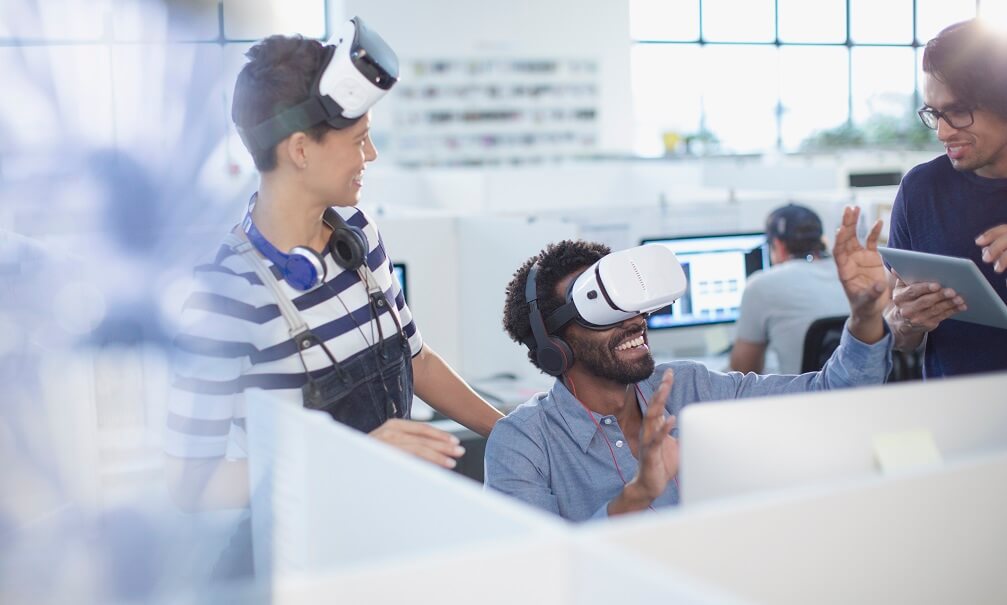

It’s never too soon to start thinking about potential careers. Here are some growing fields you might consider.

Read about three African women who are contributing to space exploration programs on their home continent: a space engineer, a physicist and explorer, and a space law adviser.

Have you ever wanted to have robotic assistance? That could come sooner than you think! Read about Nike’s cool new invention that may be the future of mobility.

One middle school student turned a scary experience into an invention that could help protect millions of people. Learn how a great idea or solution can come from a real-life problem.

A class project motivates a student to advocate for change in their state’s education system.
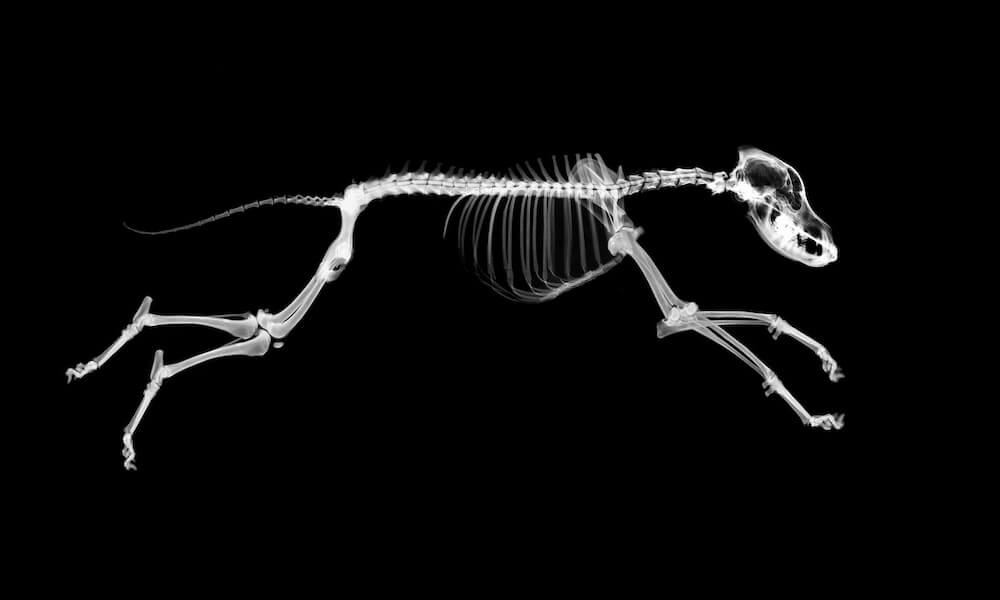
Checkout these animal X-rays from the Brookfield Zoo. Discover how the zoo’s vet team is sharing these skeletal snapshots of it’s rainforest friends.
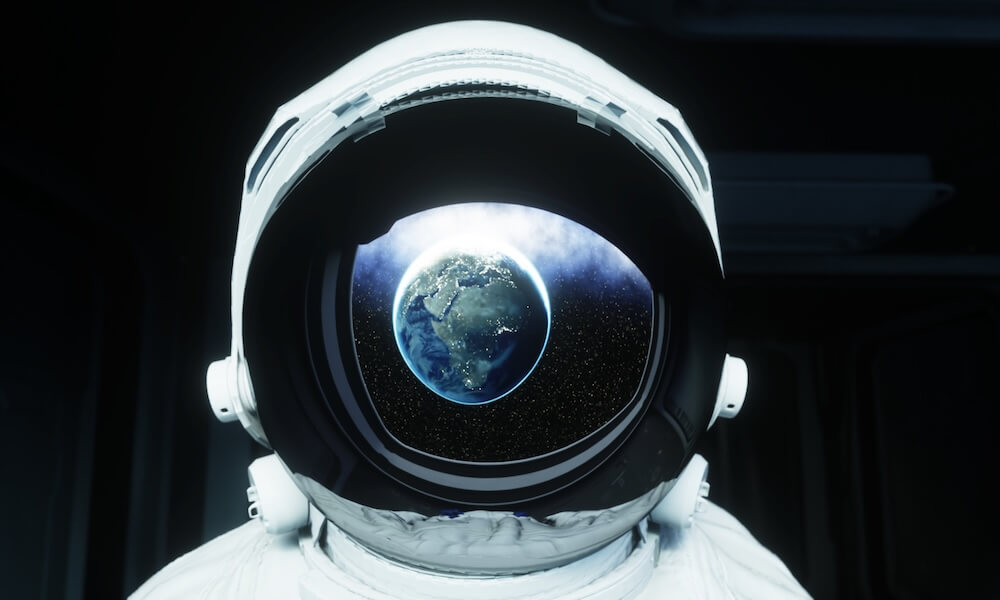
A new class of astronauts, with the potential to visit the moon and mars, will be announced by NASA. With exciting space programs on the horizon, new astronauts will be in for an adventurous career!

Every year, hurricanes, wildfires, and earthquakes damage communities. Learn about scientific advances that could help us better prepare for natural disasters.

Many modern video games include a list of achievements that players can earn as they play. These trophies often reward the player for taking actions beyond the normal plot or path of the basic story. For some, achievements reward creative gameplay, add replayability, and encourage exploration. For others, they are annoying, repetitive distractions that artificially make a game seem bigger or more complex than it is. What do you think? Do achievements make games feel more or less enjoyable?
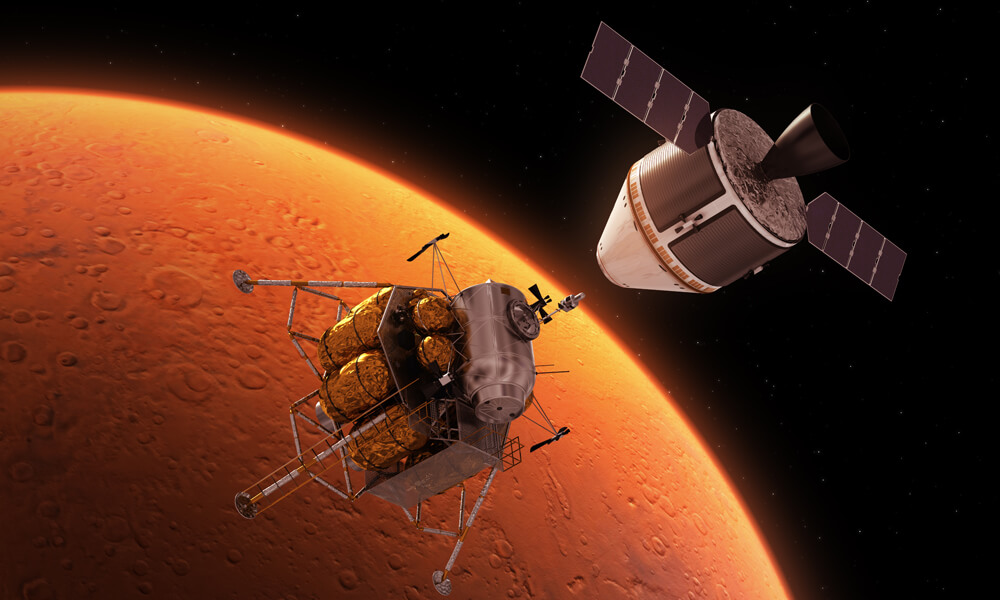
With the development of the next-generation Orion spacecraft—designed to eventually take astronauts to Mars— comes a number of all-new, advanced systems designed to track, monitor, and communicate with the spacecraft and its passengers. For NASA’s Mission Control facilities, all this additional technology meant that a brand new space was required to house the additional monitors and extra personnel. And that new space was shown to the public for the first time in late August of 2025.
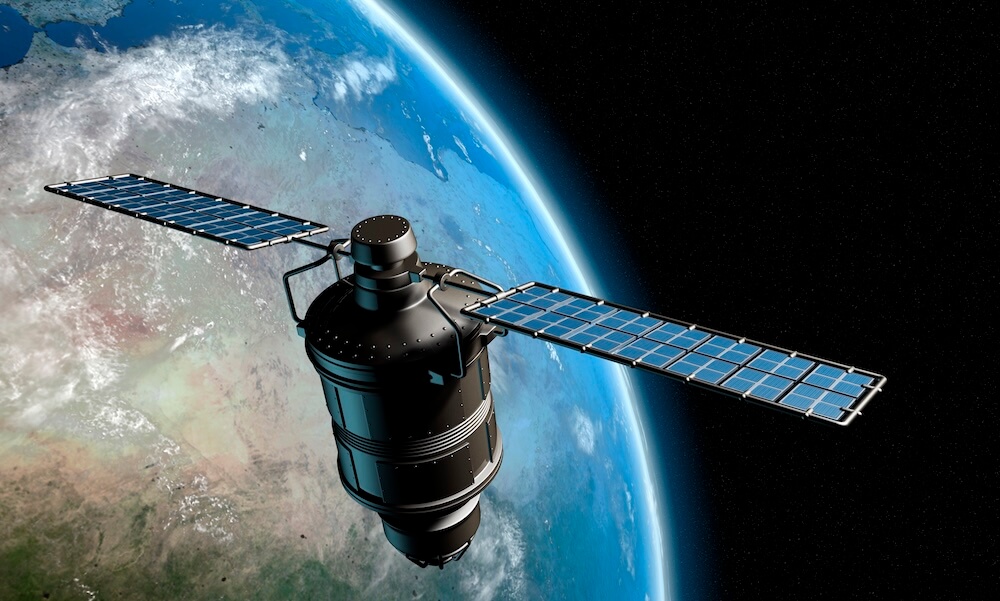
NASA and the Indian Space Research Organization have teamed up to create a satellite capable of detecting natural disasters and, potentially, saving countless lives.

Have you ever seen the color “olo?” Unless you are one of only five people on the planet who have, the answer is ‘no.’
Recently, researchers achieved the unusual feat of stimulating the eye in such a way as to allow it to see a color outside the range of normal human vision. This work is brand new, but scientists hope that it will lead to new vision treatments and help us to better understand how animals see the world.

Learn about a few ways people can de-clutter their minds at work.

Could humans have a future on Mars? 3D-printed construction tools, designed for building structures on other planets, could make existence on Mars possible.

| Across the world, women are making groundbreaking strides in science and technology. This growing movement challenges outdated norms, celebrates innovation, and empowers next generation women to shape the future of STEM. |
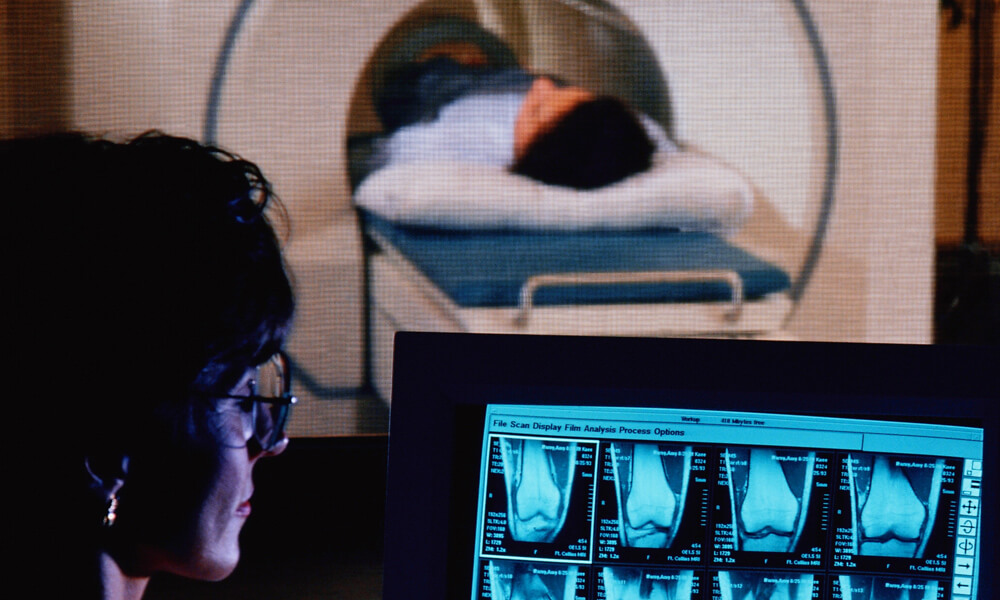
In what’s expected to soon be commonplace, artificial intelligence is being harnessed to pick up signs of cancer more accurately than the trained human eye. This latest AI model has a near 100% success rate and serves as a clear sign of things to come.

Linguistics isn’t just about ancient languages, it’s shaping the future of AI and unlocking the secrets of animal communication. Researchers are now using AI to decode the sounds of whales, bees, and other species.

In 2024, a study of nearly 10,000 random consumers in 8 countries—including the United States, Canada, France, and the UK among others—asked about the impacts of artificial intelligence on their shopping habits. Read about five key findings from the survey in this article and compare them to how you would answer the same questions.
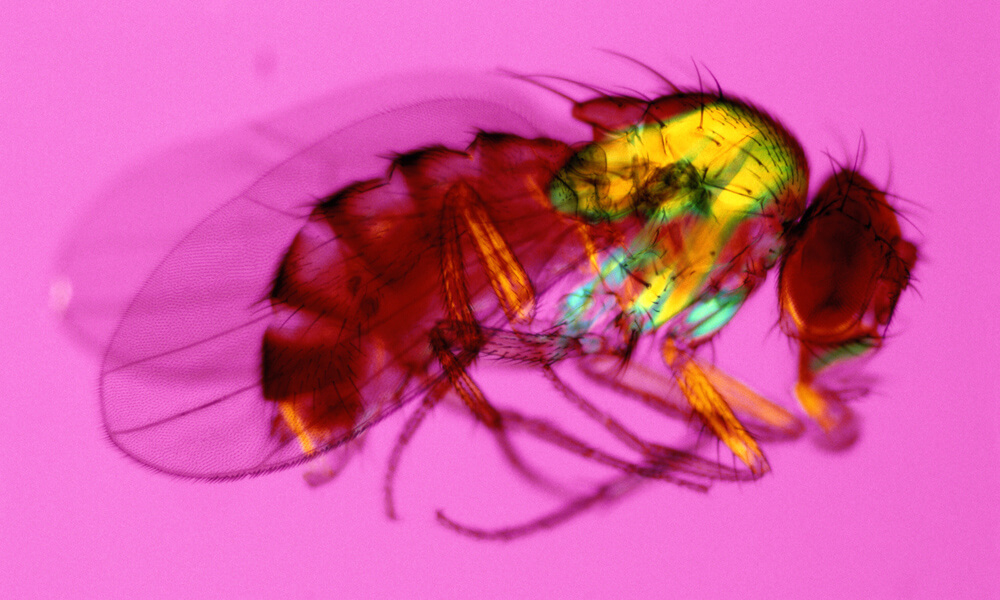
A fruit fly’s brain is only the size of a single poppy seed, but it contains a whopping 50 million connections between its neurons. With the assistance of AI, scientists have recently mapped these connections for the first time—the first time for any insect’s brain. It teaches us a lot about how a fruit fly’s brain works, but more importantly, this achievement has already begun to reveal lessons about how all brains work, including yours and mine.

Some achievements require consistent hard work.Some happen by blind luck. But some are a combination of the two. Read this fascinating story of a PhD student who stumbled across a picture on accident, but was skilled enough in his field of study to notice something in the picture that no one else had ever seen before—the ruins of an entire city.